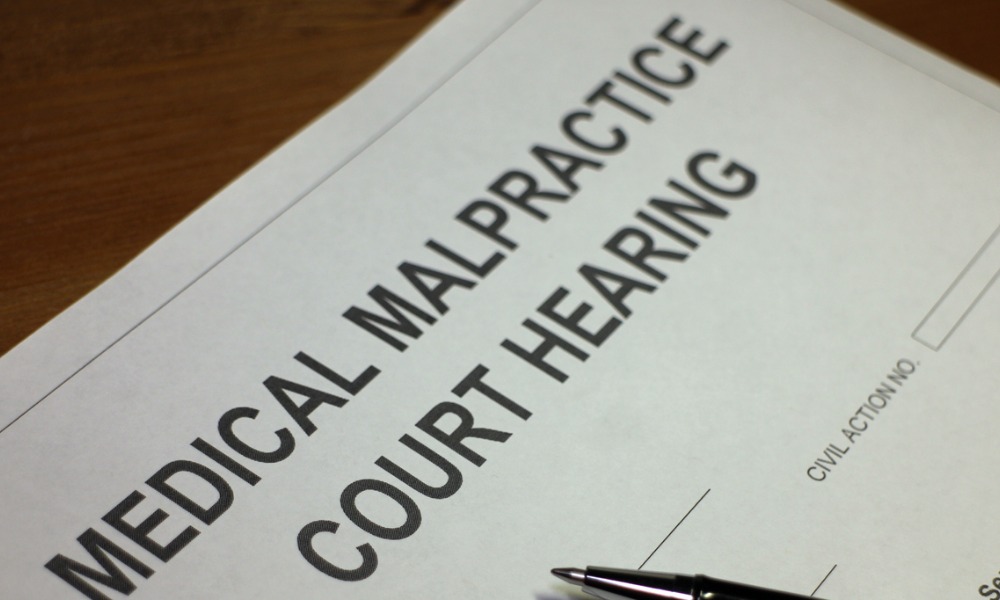
The case involved a judicial mechanism designed to address claims perceived as vexatious

The Alberta Court of Appeal has confirmed the dismissal of a lawsuit that originated from a medical procedure conducted in 2000.
In Wilyman v Cole, 2024 ABCA 41, Christopher Wilyman initiated a medical malpractice claim against the respondents, Dr. Martin J. Cole and Martin J. Cole Professional Corporation. Wilyman's lawsuit, first lodged in 2003, was dismissed later that year. Nearly two decades later, in May 2022, Wilyman sought to revisit his legal challenge, citing ongoing issues stemming from the original medical treatment and alleging subsequent injustices, including claims of a cover-up and interference with justice.
The respondents called upon the court to invoke Civil Practice Note 7 (CPN7), a judicial mechanism designed to address claims perceived as vexatious or constituting an abuse of the court's process. The chambers justice identified Wilyman’s 2022 lawsuit as fitting the criteria for CPN7, labelling it as a collateral attack on the 2003 decision. Consequently, the action was dismissed, with the justice underscoring the importance of safeguarding the judicial system's integrity by preventing the re-litigation of issues already decided.
In response, Wilyman appealed, challenging not only the dismissal but also the fairness and application of the CPN7 process. The Alberta Court of Appeal meticulously reviewed the appeal, focusing particularly on whether the CPN7 process had been justly applied. The court upheld the lower court's decision, concluding that Wilyman’s recent action was a prohibited re-litigation of the initial case.
The court highlighted the judiciary's mechanisms to deter repetitive litigation of resolved matters, thereby conserving judicial resources and respecting the finality of decisions. The court noted the selective nature of CPN7's application, underscoring that it should not supplant standard legal procedures without justification.
Ultimately, the appeal court said it cannot intervene on the facts of the case. The court pointed out that the chambers justice’s decision to employ the CPN7 procedure and his characterization of Wilyman’s claim as a collateral attack raised questions of mixed fact and law reviewed for palpable and overriding error. The court emphasized that this is a very high standard.
Additionally, the court emphasized that CPN7 ought to be reserved for exceptional cases, particularly where the effect of the decision is to terminate a party’s claim before the court.